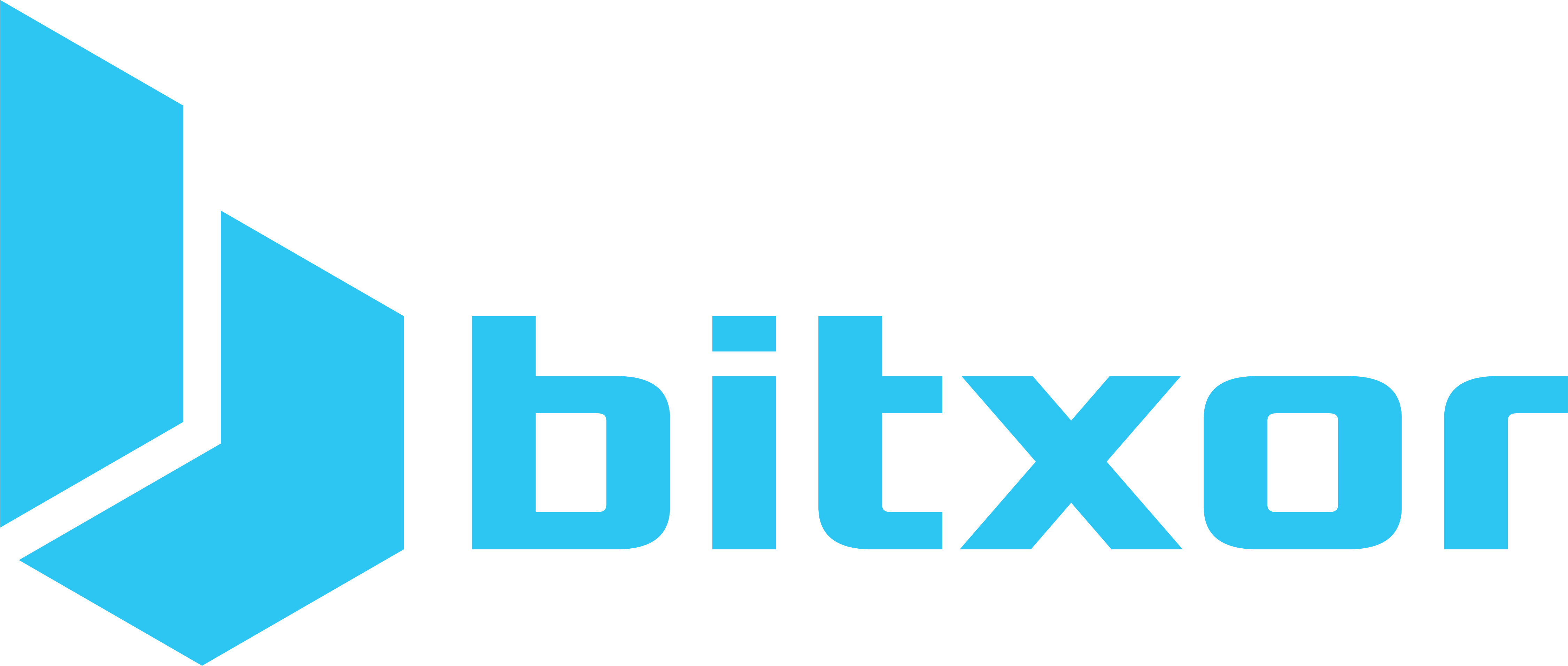In a Proof of Stake Plus (PoS+) consensus algorithm, such as Bitxor Protocol, stochastic allocation of a new block means that the probability of a particular node being selected to propose or validate a block is determined randomly, but based on its participation and holding of BXR Coin in the network.
In the context of PoS+ mining, this implies that nodes holding more coins have a higher probability of being chosen to add a new block to the chain. Stochastic allocation is used to introduce a component of randomness into the selection process, preventing a single node with a large amount of resources from having excessive control over block generation.
This approach seeks to promote decentralization and the active participation of cryptocurrency holders in the consensus process, since, in theory, any node with a significant amount of coins has a chance of being selected, although the probability is related to the amount of coins it holds..
Key long-term benefits
Investors in the Proof of Stake Plus (PoS+) mining system can realize several long-term benefits:
- Lower Energy Consumption: Compared to consensus algorithms such as Proof of Work (PoW), which require a large amount of energy for mining, PoS generally consumes less energy. This can result in lower operating costs and a smaller carbon footprint associated with investing in cryptocurrencies.
- Active Participation and Rewards: Investors can actively participate in the block validation process by holding their cryptocurrencies on the network. In return, they receive rewards in the form of new coins or transaction fees. This active participation allows investors to increase their participation in the network over time.
- Decentralization: PoS algorithms tend to encourage decentralization, as the probability of being selected to validate blocks is tied to the amount of cryptocurrencies an investor owns. This helps to avoid centralization of mining in the hands of a few, as might happen in PoW systems.
- Stability and Security: Some proponents argue that PoS may be more resistant to certain attacks than PoW, as attacking the network would require owning a large number of coins rather than significant computational resources. This could contribute to the long-term stability and security of the network.
- Appreciation Gains: If the cryptocurrency associated with the PoS system increases in value in the market, investors can also profit through appreciation gains on their holdings.
It is important to note that while PoS offers several benefits, it also has its specific challenges and considerations. Investors should carefully evaluate these aspects before committing their resources to any cryptocurrency system.

